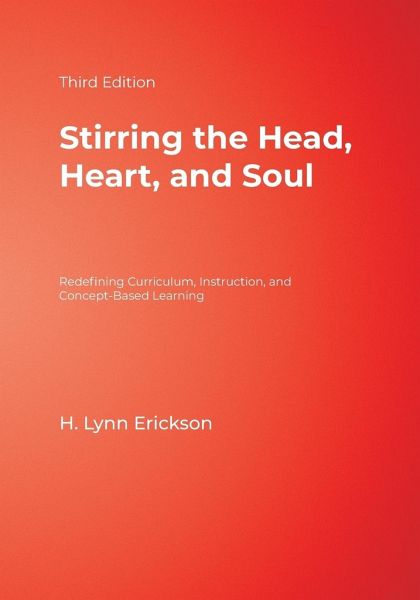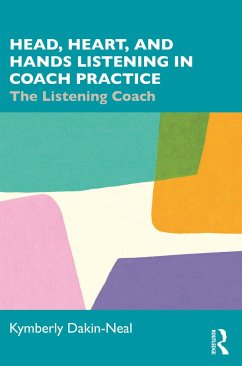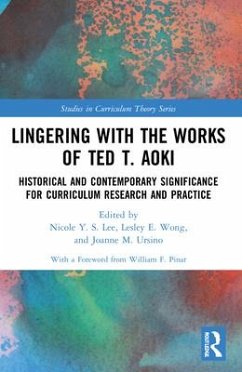
Stirring the Head, Heart, and Soul
Redefining Curriculum, Instruction, and Concept-Based Learning
Versandkostenfrei!
Versandfertig in 1-2 Wochen
38,99 €
inkl. MwSt.

PAYBACK Punkte
19 °P sammeln!
This third edition of Erickson's bestseller provides updated information about designing curriculum aligned with state and national content standards, using brain-based teaching methods, and developing higher-order thinking skills.














